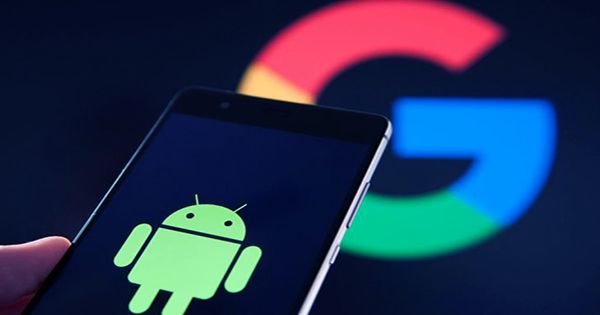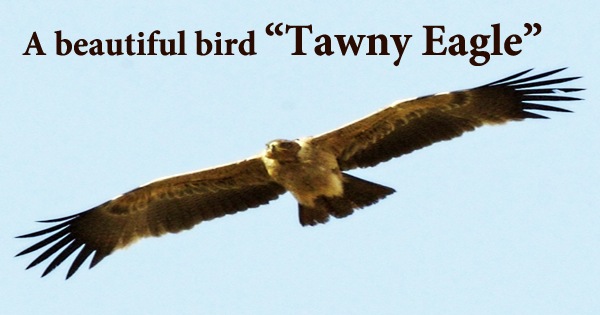The tech giant’s search market remains uncertain, and the most attractive regional search options are being priced from Google’s ‘Remedy’, which supports the person who can pay the most to be listed on Google’s running smartphones as an alternative to its dominant search engine. It has been a year since Google launched a slot auction for the search engine’s ‘choice’ screen in Android in Europe after an incredible intervention by the European Commission in 2018. However, nothing has changed since Google given a record-breaking fine two years ago.
Q1 2021 results were dominated by a number of ad-targeted search options that very few smartphones users may have heard of: Germany GMX; California-based data.com; And Puerto Rico-based privacy (owned by a company whose website is equipped with the slogan “100% programmatic advertising”) – another, more well known (advertising) tech giant’s search engine (owned by Microsoft) Bing. The winners of the quarterly choice screen are increasingly the same y. Google’s alternatives expect another unnecessary batch of ‘winners’ to come in short order.

Below the list: Russian ‘Google’ – Yandex – that has won eight slots. In addition, Seznam CZ, an experienced player in the Czech search market, who got two? On the side of the ‘big loser’: the non-tracking search engine, DuckDuckGo – which has stood for online privacy for over a decade and still won just one slot (in Belgium). By the time the auction process started, it had almost completely lowered versus winning a universal slot in all markets.
The last round of tree planting on the lucrative search engine, Ecosia, was also almost completely absent, the acquisition of only one slot on the screen showed Slovenian Android users. Yet in December, Ecosia added to Safari on iOS, iPadOS and macOS as a default search option – with more than 15 million users worldwide. The other indigenous European search option – where privacy-centric – is Covent in France, has gone home with just one slot. In addition, not in own market either (in miniature Luxembourg).
Statista data for Google’s mobile search market share (across both Android and iOS; technicians pay Apple billions of dollars annually to default on iPhones) showed that its share in Europe in February 2021 was 97.07% – when the commission gave a no-confidence verdict in July more than 96.92% in 2018. If European regulators had imagined that the “remedy” for Google-invented major distrust violations would automatically restore rich competition in the Android search market, they should feel rudely awake. The truth of the title is that Google’s market share could not even be scratched let us deny.
















